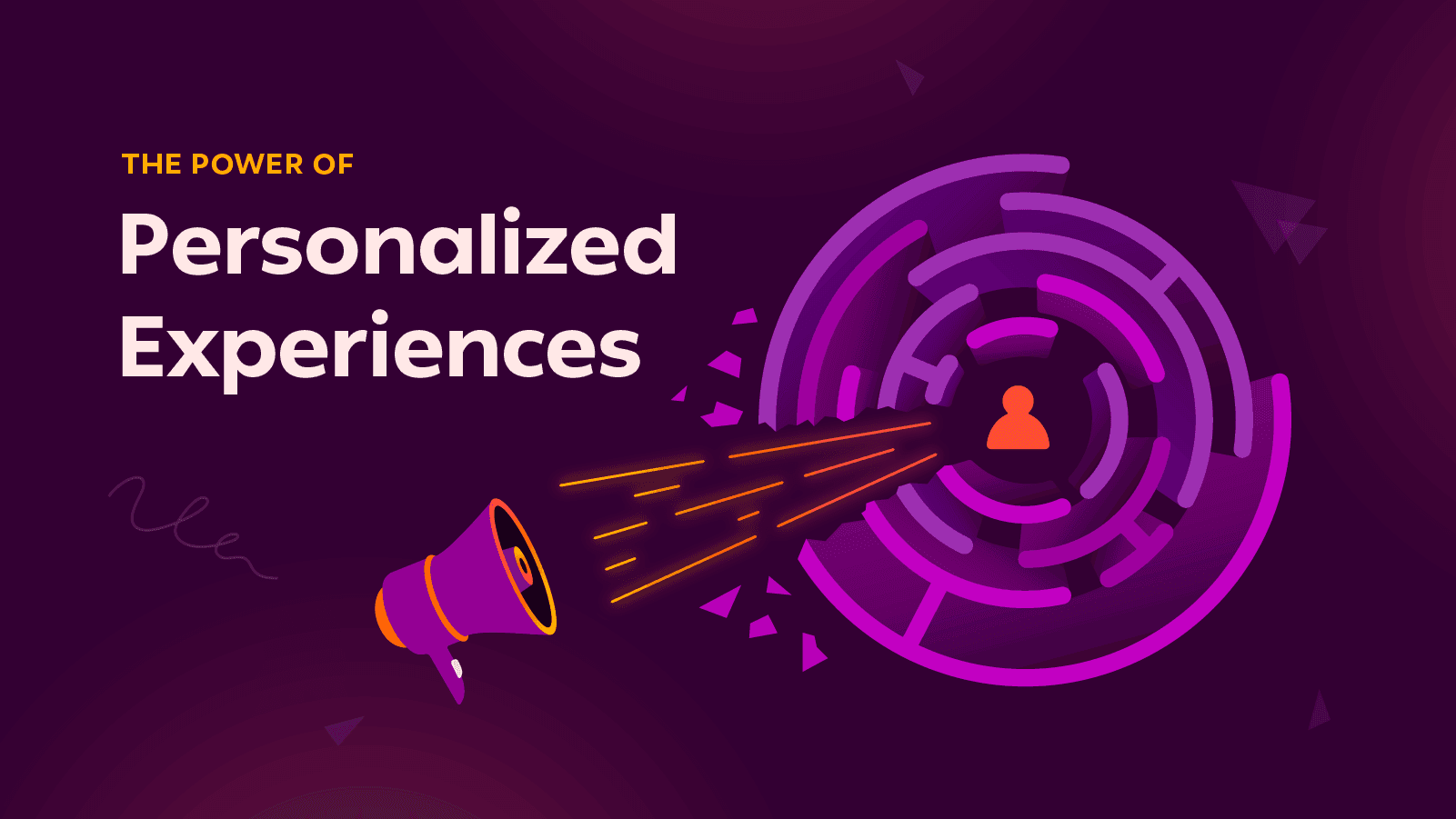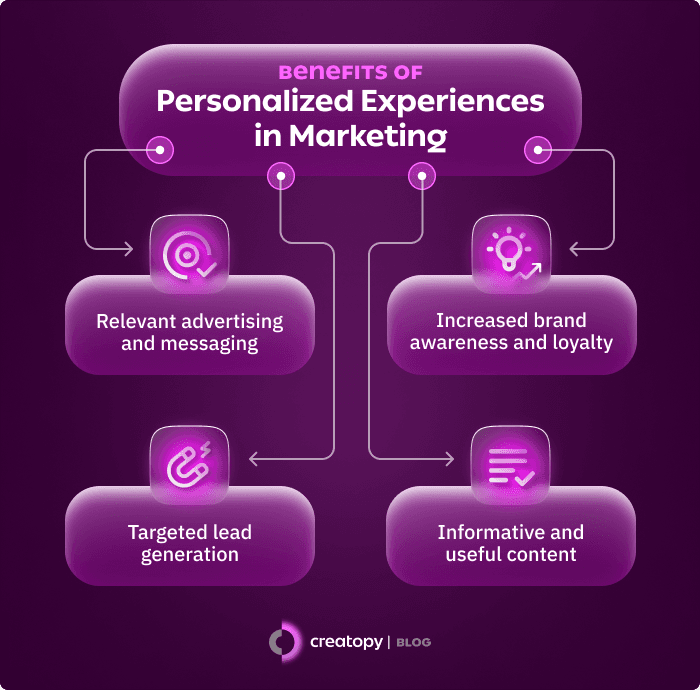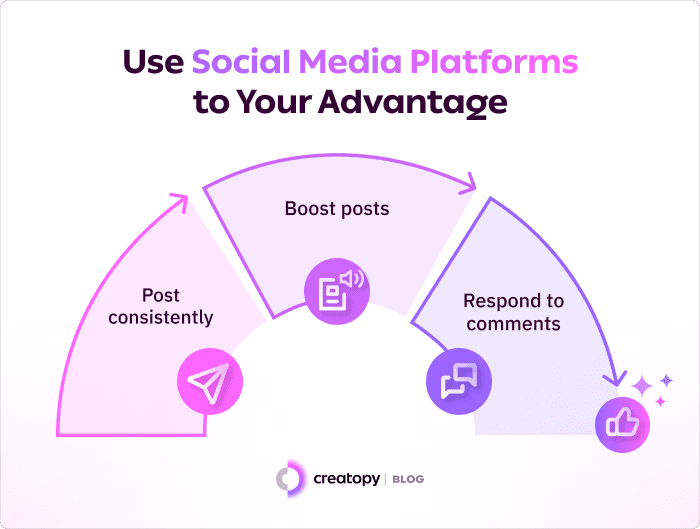The Ultimate Guide to Facebook Event Photo Sizes (2025 Update)
Diana Teslaru
Apr 15, 2025 - 9 min read
Creatopy is now The Brief. Read the full note from our CEO, Tammy Nam.

Personalized experiences in marketing are a powerful way for companies to build stronger relationships with consumers. Creating unique, individualized experiences can happen in many ways, from personalized email headers to targeted ads.
The focus on the individual, instead of mass messaging, was first explored back in 1993 in the book The One to One Future. The main idea of the book was this: people don’t want to be part of the crowd, and the future of marketing would be focused on the individual. Since then, personalization has only grown in popularity—among businesses and their target audiences alike.
According to Statista, 62% of consumers say they would stop buying from a brand that offers experiences that aren’t personalized. Consumers don’t want to be reminded they’re just a number. They’re searching for these personalized experiences, and brands of any size can deliver and bring in new customers.

Personalized experiences provide many benefits for businesses. These benefits include:
These benefits help businesses to bring in new customers, keep old customers, and improve their brand reputation and recognition over time.
Many brands use personalized experiences in their marketing. Some examples of brands that are doing this successfully include:
Target and Coca-Cola are only two of the many brands making the most personalized experiences in their marketing efforts. But big brands aren’t the only ones who can benefit from personalization.
The benefits of personalized marketing are known and established, but integrating these practices into your marketing strategy is another matter entirely. In particular, getting to know your customers, using social media, and focusing on your consumers and ethical data practices are all personalization tactics that can create top-notch experiences.
Before you can personalize your customer’s experiences, you need to get to know them. There are several ways you can do this, including:
By creating an open dialogue with your customers, you can learn more about how to create specific customer experiences through ad optimization that will speak to the current market.

People all over the world, no matter their age, are active on social media. In fact, as of January 2023, there are 4.76 billion social media users around the world. These users are creating content, connecting with others, and exploring the global marketplace. Making the most of social media is a fantastic way to connect with customers in a more personal way.
Although social media has turned into a hub for advertising, its origins were in social experiences — engagement. You should remember these origins when advertising by engaging directly with customers on these platforms. By making the most of platforms such as Facebook, Instagram, TikTok, and Twitter, businesses can reach a level of interaction with consumers that isn’t normally possible when using a website or email list.
If you are interested in improving your business's social media presence, you can:
Social media isn’t just for the young anymore. Practically everyone, including businesses, uses it for their own purposes. Beyond personalization, you can also use it to build brand awareness.
A consumer-first approach is focused on treating your customers with a high level of care and attention. Although this approach is typically taught in customer-facing departments such as customer service, you should integrate it into other departments as well, such as marketing and sales departments. This can include taking actions such as:
Tracking every customer interaction is impossible for one person. However, by teaching your employees about the care needed for a satisfactory experience, you’re that much closer to streamlining the customer experience — whether they walk through your door, call your number, or visit your website.
As mentioned, many familiar big-name companies have used data to their advantage in building a personalized experience for customers. There is a large amount of data available online. However, with this data comes anxieties. According to the Harvard Business Review, 97% of surveyed consumers are concerned that businesses and governments will misuse their data.
These concerns are understandable, and businesses must be dedicated to ethically harnessing consumer data to provide a safe and personalized experience for customers.
Moreover, you should also be transparent about the data your business collects. By knowing the mechanics of your marketing strategy, your customers will feel more comfortable about what you do or don’t do with the data. From here, you can effectively use the data to target ads and send your content to the right audience.
By harnessing the power of personalized experiences, you can convert the people in your target market into new and loyal clients.
Let's put these insights into action. Build, scale, and automate campaigns with AI-powered workflows.
Diana Teslaru
Apr 15, 2025 - 9 min read
Claudia
Mar 27, 2025 - 22 min read
Derya Yildirim
Mar 10, 2025 - 9 min read